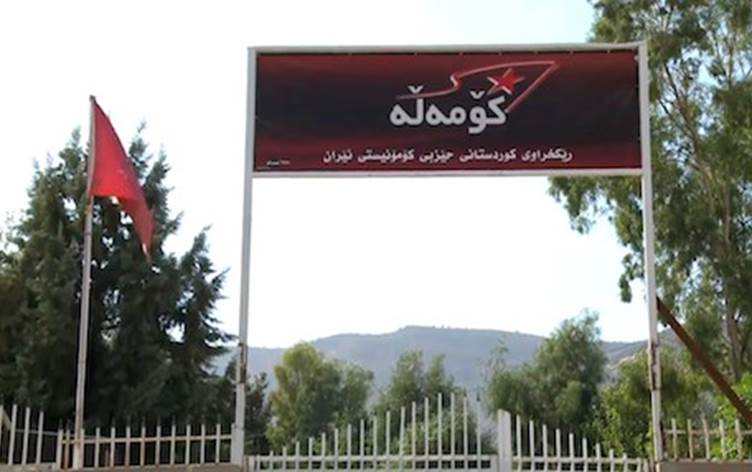Iranian Kurdish political parties believe that forming a joint front to merge their separate enclaves is necessary in order to face their common enemy - Iran. But they have not been successful in their attempts, as of yet.
Abdullah Muhtadi, leader of the Komala Party of Iranian Kurdistan, has attempted twice this year to melt the ice. The last time was two days ago.
Muhtadi said his party was ready to begin talks with other parties unconditionally.
“We could do work together in different ways. First, forming a Kurdistani front is something that we have been working on with others for a long time and it should no longer be delayed. Second, holding a national convention of Eastern Kurdistan to bring together all the leaders and political parties. Third, increasing the degree of cooperation between ourselves in terms of Peshmerga activities. Lastly, the parties at least should have a joint platform,” said Muhtadi.
No Kurdish party or organization in Iran has rejected working together.
Ibrahim Ali Zada, secretary of the Iranian Communist Organization, told Rudaw that a merger of Kurdish parties in Iranian Kurdistan is significant, but they have to first find some unity politically between the Kurds.
“We should find a way to be unified and together in our political work. Parties who haven broken away in the past should merge with each other now and increase talks between each other,” said Ali Zada.
The head of the Kurdistan Democratic Party’s relations department told Rudaw that his party is open to any kind of political work with other parties.
“We are open to any call for cooperation and forming a joint front,” said Karim Saqizi, believing that “we have a common enemy and common land. Therefore we should work with each other for the future of Iranian Kurdistan.”



Comments
Rudaw moderates all comments submitted on our website. We welcome comments which are relevant to the article and encourage further discussion about the issues that matter to you. We also welcome constructive criticism about Rudaw.
To be approved for publication, however, your comments must meet our community guidelines.
We will not tolerate the following: profanity, threats, personal attacks, vulgarity, abuse (such as sexism, racism, homophobia or xenophobia), or commercial or personal promotion.
Comments that do not meet our guidelines will be rejected. Comments are not edited – they are either approved or rejected.
Post a comment